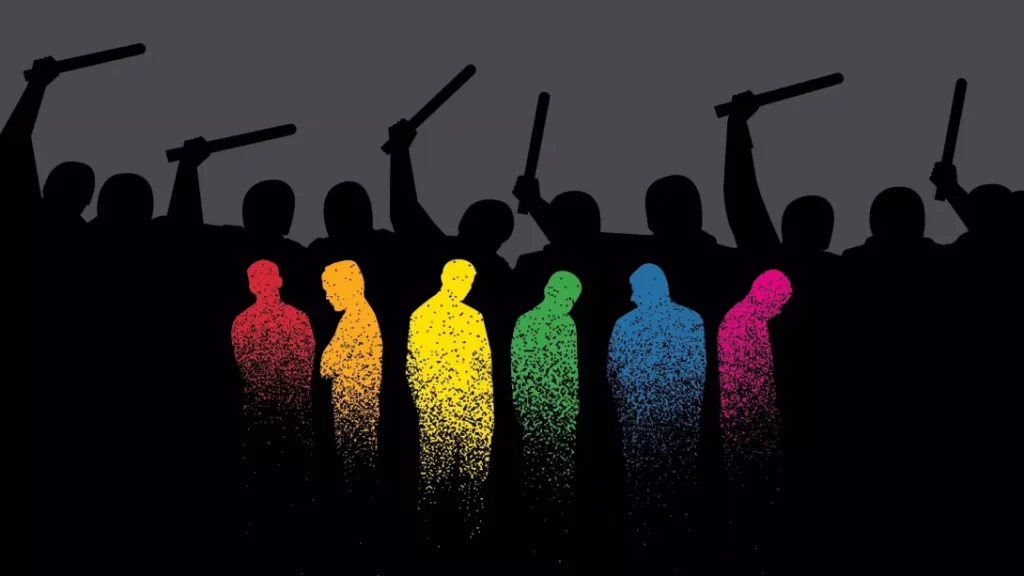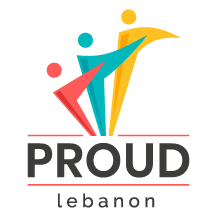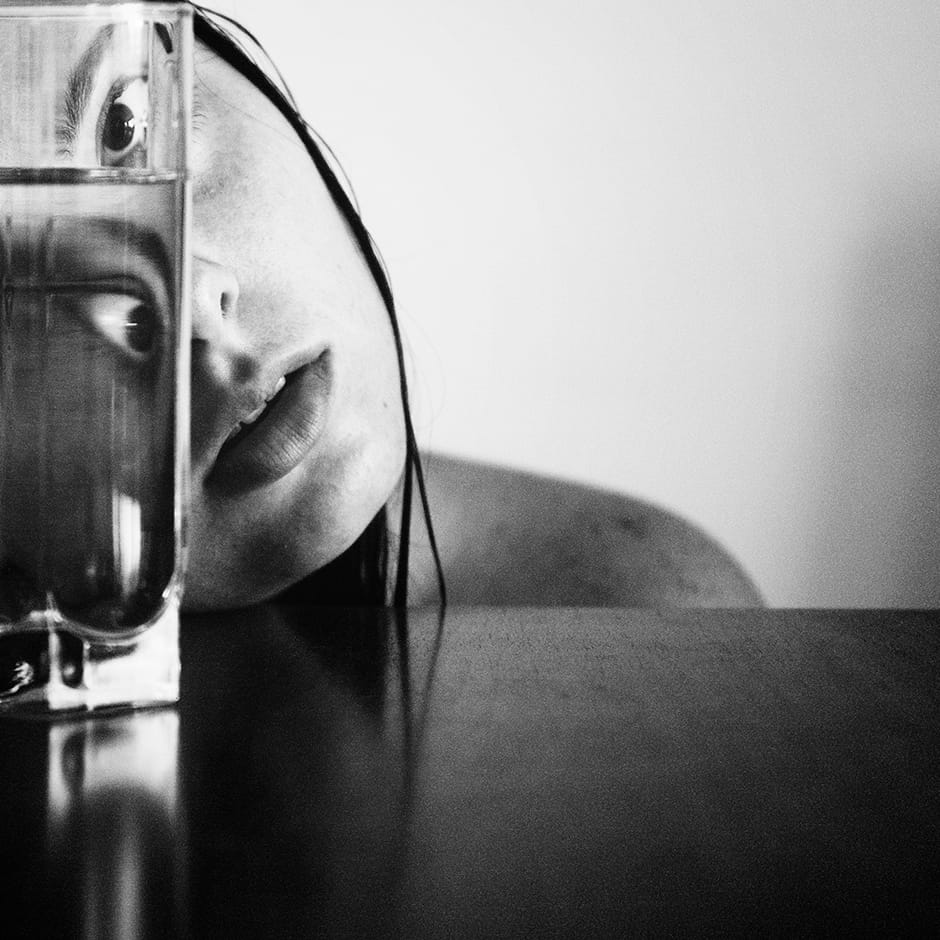LGBT violence and torture
By Marie Belle Braidy – Intern
Everyone has the equal right to live in safety from harm, persecution, prejudice, and stigma. International human rights legislation places responsibilities on Governments to guarantee that everyone, without exception, has access to these rights. While welcoming increasing efforts in many countries to protect the rights of LGBTI people, we remain seriously concerned that around the world, millions of LGBTI individuals, those perceived as LGBTI and their families face widespread human rights violations.
States should protect LGBTI persons from violence, torture and ill-treatment, by:
- Investigating, prosecuting and providing remedy for acts of violence, torture and ill-treatment against LGBTI adults, adolescents and children, and those who defend their human rights.
- Strengthening efforts to prevent, monitor and report such violence.
- Incorporating homophobia and transphobia as aggravating factors in laws against hate crime and hate speech.
- Recognizing that persecution of people because they are LGBT may constitute a valid ground for asylum, and not returning such refugees to a place where their life or freedom might be threatened.

So, States should take steps to protect LGBTI people from abuse, particularly by Inquiring into prosecuting, and providing redress for acts of abuse against LGBTI adults, adolescents, and children as well as those who stand up for their human rights.
Widespread physical and psychological abuse of LGBTI people has been documented by the United Nations and others in all regions. This abuse includes murder, assault, kidnapping, rape, sexual violence, as well as torture and ill-treatment in institutional and other settings. Lesbian, bisexual, and transgender (LGBT) teenagers and women are more at risk of Violence against women, men, and children in familial and public situations.
When seeking safety from persecution and in times of humanitarian crisis, LGBT people frequently experience violence and discrimination.
Also, they could experience mistreatment in medical facilities, such as dangerous and unethical so-called “therapies” to alter sexual orientation, coerced sterilization, forced genital and anal exams, and needless surgery and treatment on intersex children without their consent.
Human rights defenders combatting these violations are frequently persecuted and face discriminatory restrictions on their activities.
The views and opinions expressed in this article are those of the author and do not necessarily reflect the views or positions of Proud Lebanon.



